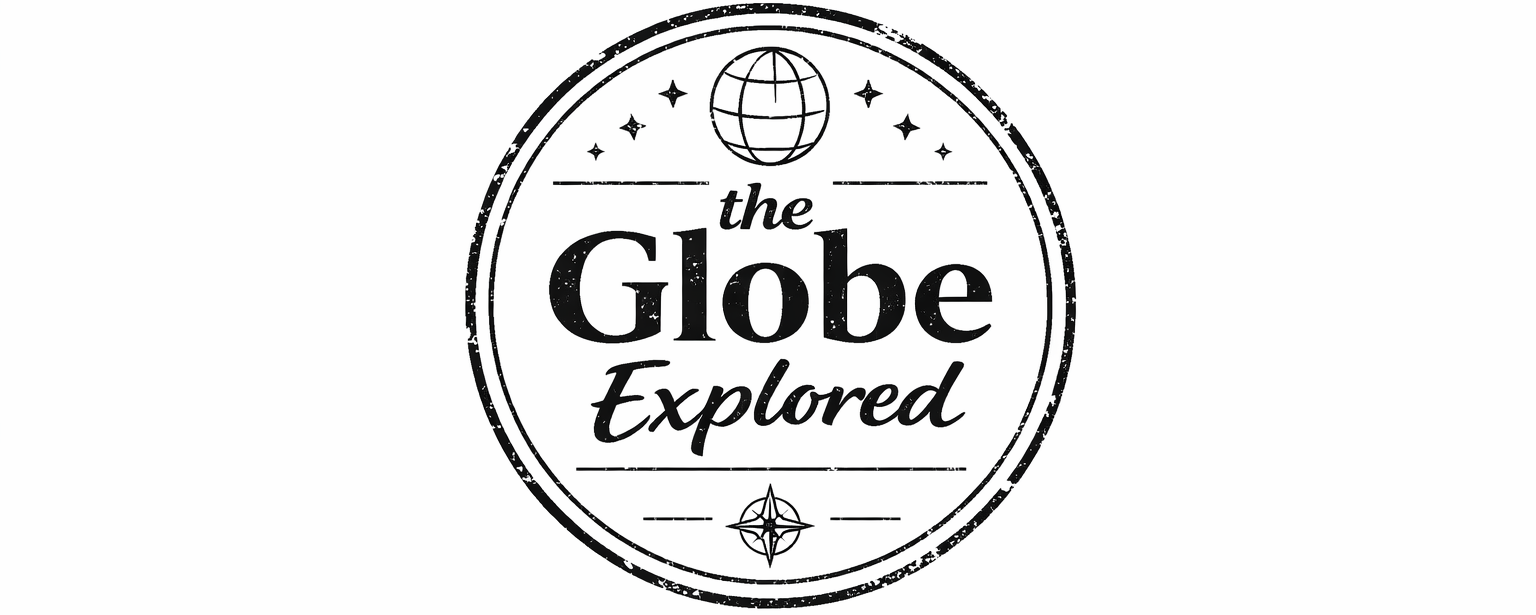Experiential learning trips are educational experiences that focus on hands-on, immersive learning in real-world settings. They are valuable for a wide range of individuals, groups, and organizations seeking to enhance their knowledge and skills through practical engagement.
At Globe Explored we believe in creating immersive learning journeys that are beneficial not only to you, but to those you meet along the way.
Past Experiential Learning
Guiding experiential trips is always meaningful whether they are domestic or international. Watching participants learn, grow and change during is one of the most rewarding things I do.

One example was taking students to Ghana, which proved to be profoundly meaningful as it allowed them to connect with history and culture firsthand. Visiting the haunting site of Cape Coast, where slaves were once held, instilled a deep sense of empathy and historical understanding. Immersing in local traditions, such as learning drumming techniques and engaging in energetic dances, enabled students to appreciate the vibrancy of Ghanaian culture. Interacting with locals provided authentic insights, promoting cross-cultural understanding and empathy. Learning the local language and customs fostered genuine connections, transforming the trip into an enriching personal journey of growth and global awareness.
Who is Experiential Learning For?
Experiential Learning is for EVERYONE!
- Experiential Learning is for Students and Educators:
- K-12 Students: Experiential learning trips can supplement classroom education by providing practical exposure to various subjects. Field trips to museums, historical sites, science centers, and nature reserves help students connect theoretical concepts to real-world applications.
- College/University Students: Higher education institutions often organize study-abroad programs, field trips, and research expeditions to give students hands-on experience in their respective fields. These trips promote cultural understanding, practical skills, and networking opportunities.
- Experiential Learning is for Families
- Families of all Kinds: Families can benefit immensely from experiential learning as it provides a unique avenue for shared discovery, fostering stronger bonds and communication among members. Through hands-on activities and real-world encounters, family members not only gain practical skills and knowledge but also create lasting memories and stories to cherish. Experiencing new environments, cultures, and challenges together cultivates teamwork, problem-solving, and mutual understanding, while stepping away from screens encourages meaningful face-to-face interactions. Ultimately, experiential learning offers families a dynamic platform for personal growth, cultural enrichment, and the cultivation of lifelong learning habits.
- Experiential Learning is for Corporate and Professional Groups:
- Businesses: Corporations organize team-building workshops, leadership development programs, and off-site training sessions as experiential learning trips. These activities help employees develop interpersonal skills, problem-solving abilities, and teamwork in real-world scenarios.
- Entrepreneurs: Experiential trips can be beneficial for startups and entrepreneurs to explore new markets, learn from industry experts, and gain insights into different business models.
- Experiential Learning is for Nonprofit and Social Organizations:
- NGOs: Non-governmental organizations often arrange experiential trips to educate volunteers and supporters about their causes. Trips to the field, such as disaster-stricken areas or conservation sites, can raise awareness and facilitate firsthand engagement.
- Social Activists: Activists and volunteers can participate in experiential trips to engage with communities, understand social issues, and contribute to social change efforts.
- Experiential Learning is for Creative and Artistic Individuals:
- Artists: Musicians, writers, painters, and other artists may seek inspiration from new environments, cultures, and landscapes. Experiential trips can provide fresh perspectives and creative ideas for their work.
- Designers: Graphic designers, architects, and other creative professionals can benefit from experiential trips to study different design styles, cultural aesthetics, and architectural techniques.
- Experiential Learning is for Researchers and Scientists:
- Researchers: Scientists, anthropologists, archaeologists, and other researchers may conduct fieldwork during experiential trips to collect data, study ecosystems, or investigate cultural phenomena. These trips contribute to the advancement of knowledge in their respective fields.
- Academics: Professors and scholars may lead study trips for their students, providing them with hands-on research experience and the opportunity to collaborate on projects in the field.
- Experiential Learning is for Personal Development Enthusiasts:
- Lifelong Learners: Individuals who have a passion for learning and personal growth can benefit from experiential trips to expand their horizons, learn new skills, and challenge themselves in unfamiliar settings.
- Experiential Learning is for Health and Wellness Seekers:
- Wellness Retreat Participants: Individuals looking for personal rejuvenation, mindfulness, and stress relief may attend wellness retreats that combine experiential activities with relaxation techniques.
- Experiential Learning is for Tourism and Adventure Enthusiasts:
- Adventure Travelers: Those who enjoy outdoor activities, such as hiking, camping, and exploring nature, can use experiential trips to challenge themselves physically and mentally while appreciating natural beauty.
Everyone can benefit from participating in experiential learning – really actively learning about the world around you, whether that is in your context at home or abroad.
